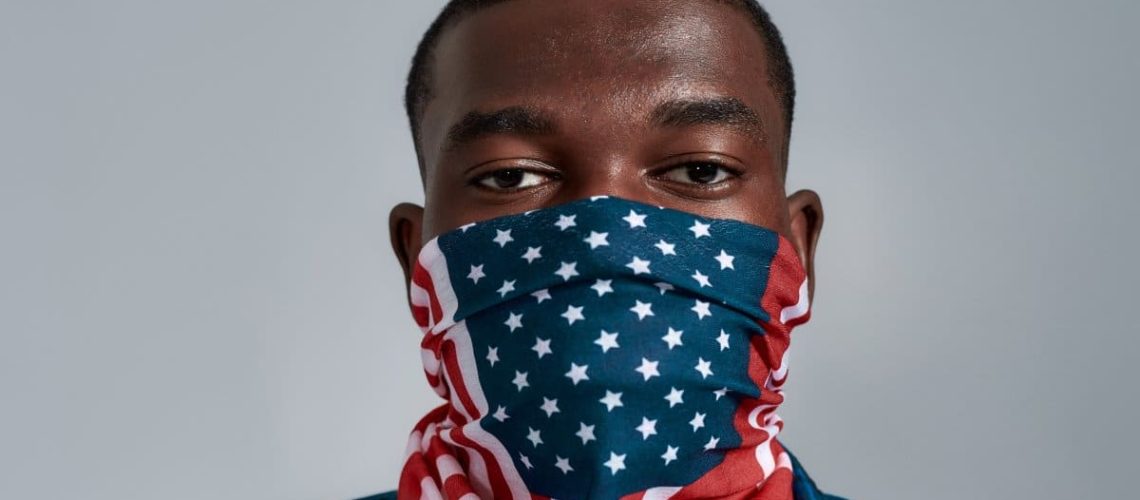Black history is American history, yet its narrative has often been sidelined, simplified, or altogether erased. This erasure isn’t just a relic of the past; it’s a recurring issue that reshapes how we understand history today. Here are twenty-one general ways that Black history has been systematically marginalized in the collective memory.
1. Textbook Omissions

Many school textbooks historically minimized or omitted significant events and figures in Black history, presenting a skewed view of the past.
2. Misrepresentation in Media

Media portrayals have often perpetuated stereotypes or neglected the depth and diversity of Black experiences and contributions.
3. Lack of Monumentation
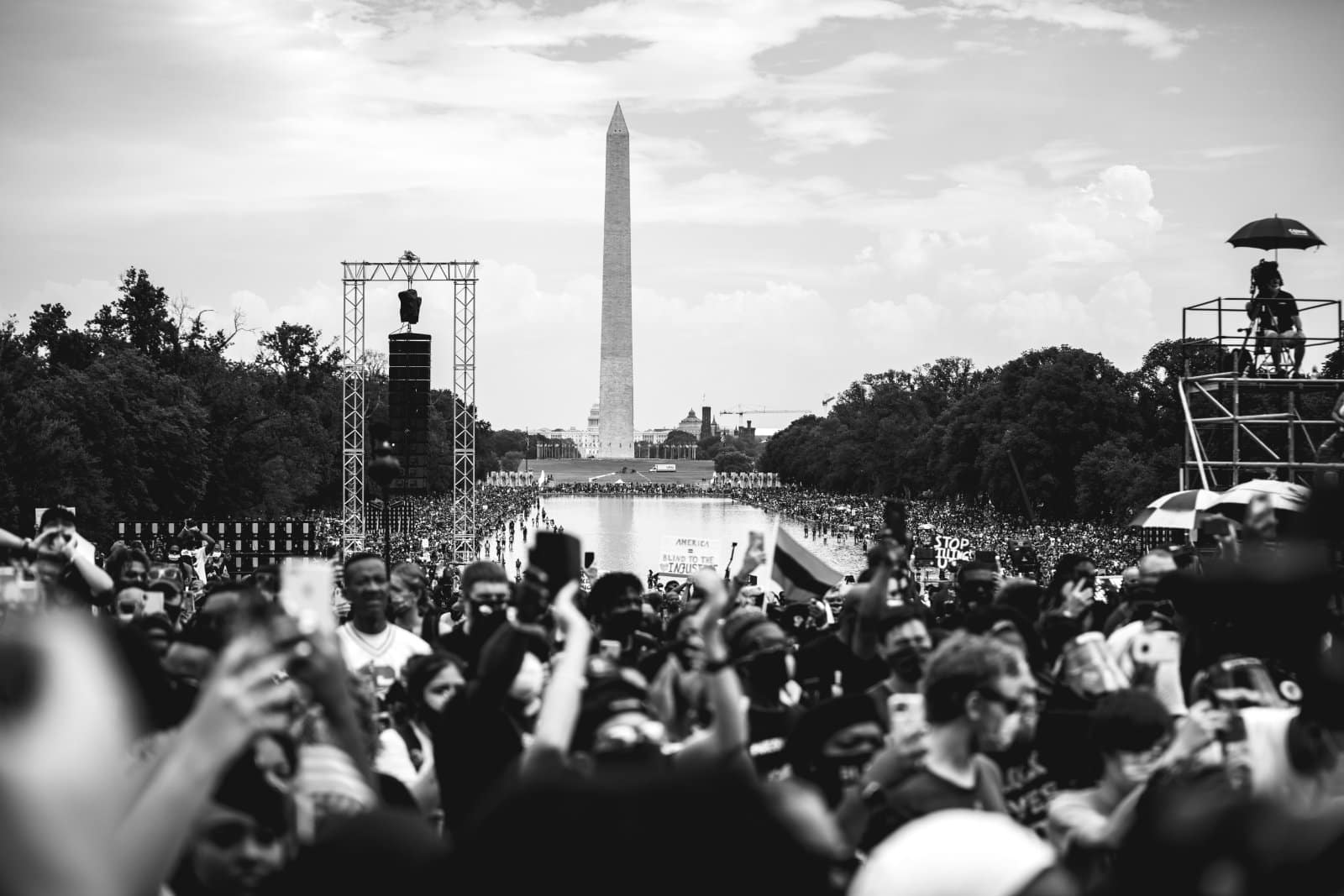
Significant sites of Black historical importance frequently lack the recognition or preservation afforded to other historical sites.
4. Unbalanced Curriculum

Educational curriculums have been slow to incorporate Black history comprehensively, often relegating it to optional or specialized courses.
5. Economic Barriers to Research

Funding for research into Black history has often been disproportionately low, limiting the exploration and documentation of this vital aspect of American history.
6. Political Censorship

At times, political pressures have led to the censoring or silencing of Black narratives that are critical of the status quo.
7. Biased Historical Narratives

Historical narratives have frequently been written from a perspective that marginalizes or undermines Black achievements and struggles.
8. Commercialization of Culture

Black cultural expressions and histories have often been commodified, with their origins and meanings diluted or misrepresented.
9. Displacement and Gentrification
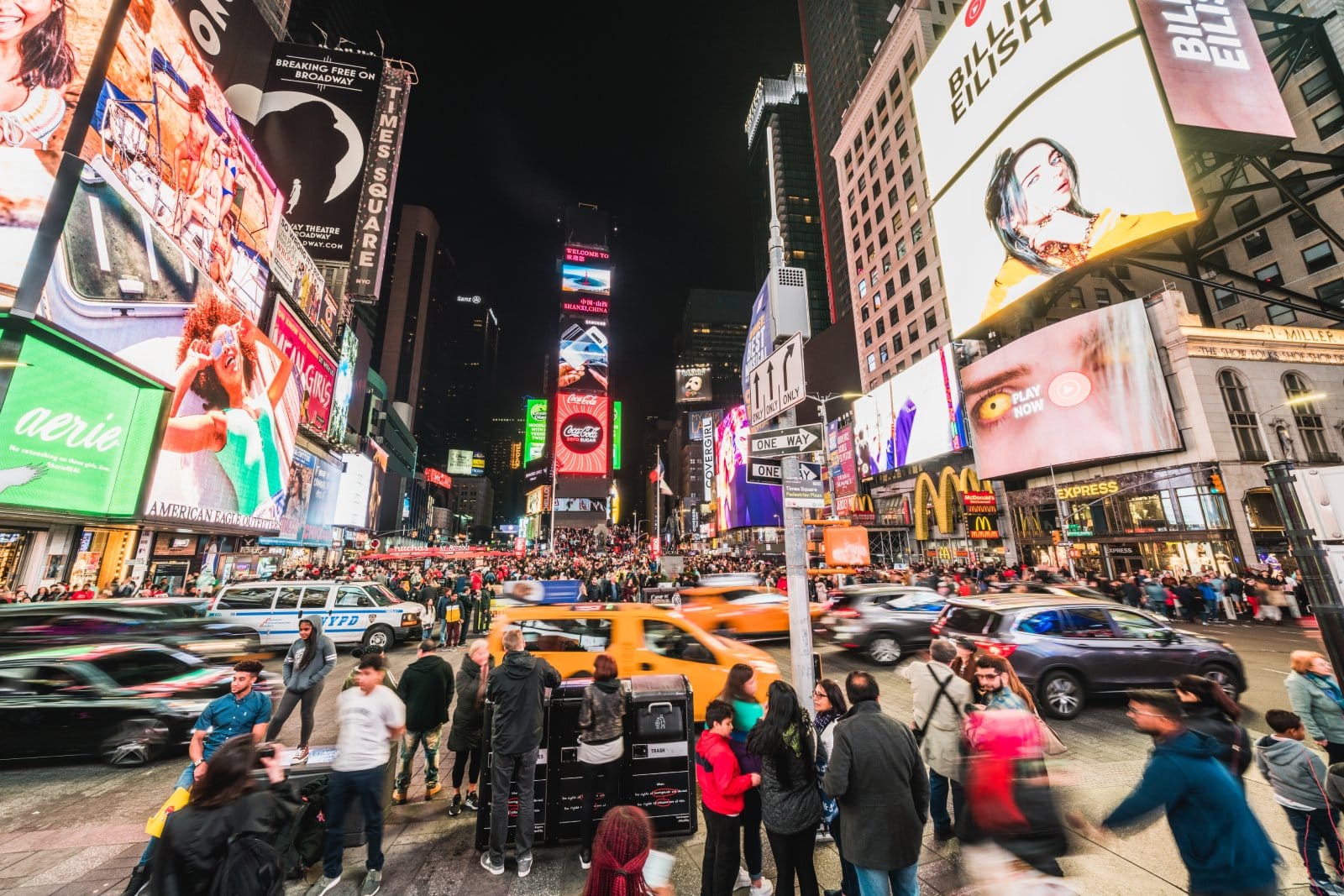
Urban renewal and gentrification have physically erased neighborhoods that were centers of Black culture and history.
10. Inequitable Access to Archives
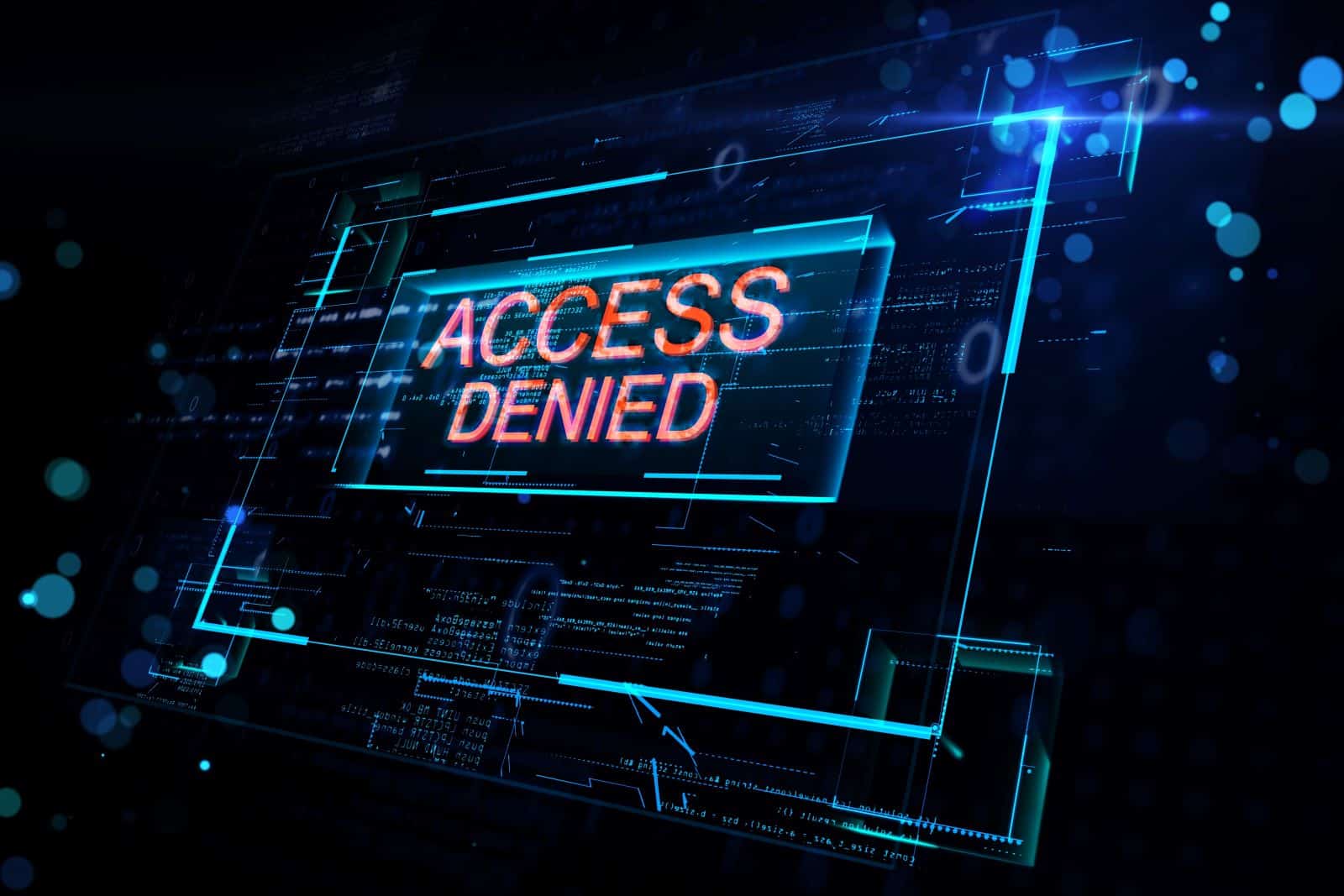
Historical archives and resources that focus on Black history often receive less funding and public exposure, limiting access and awareness.
11. Selective Memory in Public Discourse

Public and political discourse sometimes selectively remembers only certain aspects of Black history, often those that are less challenging to the broader societal narrative.
12. Lack of Recognition for Black Historians

Black historians and scholars have frequently faced greater challenges in gaining recognition and credibility in the academic world.
13. Cultural Appropriation

The appropriation of Black culture without acknowledgment of its origins or context has led to a misunderstanding and erasure of genuine Black cultural history.
14. Underrepresentation in Academia

The underrepresentation of Black individuals in academic settings limits the scope and depth of historical scholarship and education.
15. Erasure Through Assimilation

Efforts to assimilate or normalize Black individuals into mainstream culture without acknowledging unique cultural identities contribute to historical erasure.
16. Oversimplification of the Civil Rights Movement
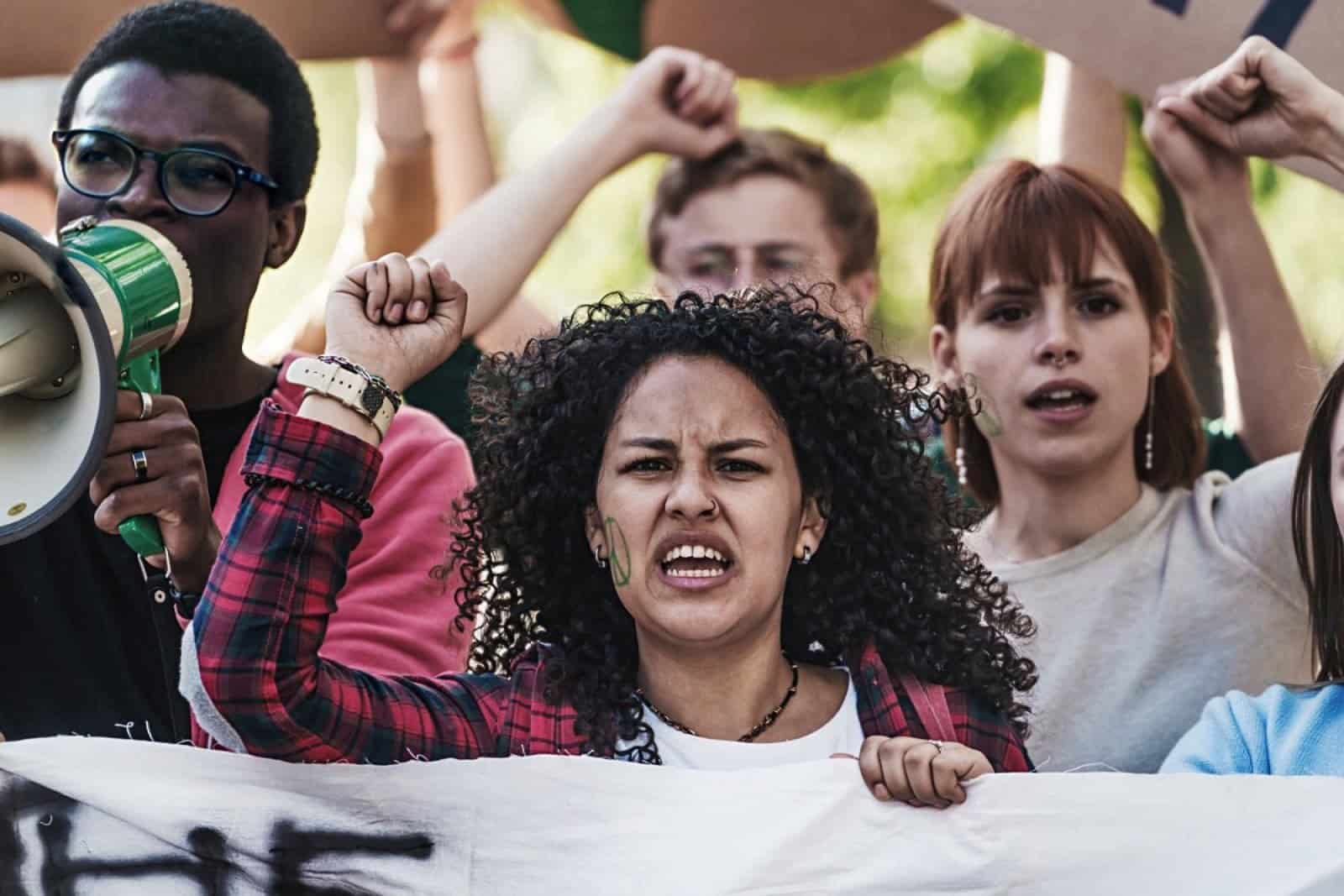
The complex and varied history of the Civil Rights Movement is often reduced to a few key figures and events, neglecting its broader scope and impact.
17. Neglect of African Diaspora Connections

The connections between Black Americans and the wider African diaspora are frequently underexplored, obscuring a crucial part of cultural and historical identity.
18. Digital Divide

The lack of equitable digital access prevents a comprehensive sharing and understanding of Black history through new media platforms.
19. Tokenism in Historical Recognition

Token acknowledgments of Black history often prevent deeper engagement with the complexities of the past.
20. Historical Plunder
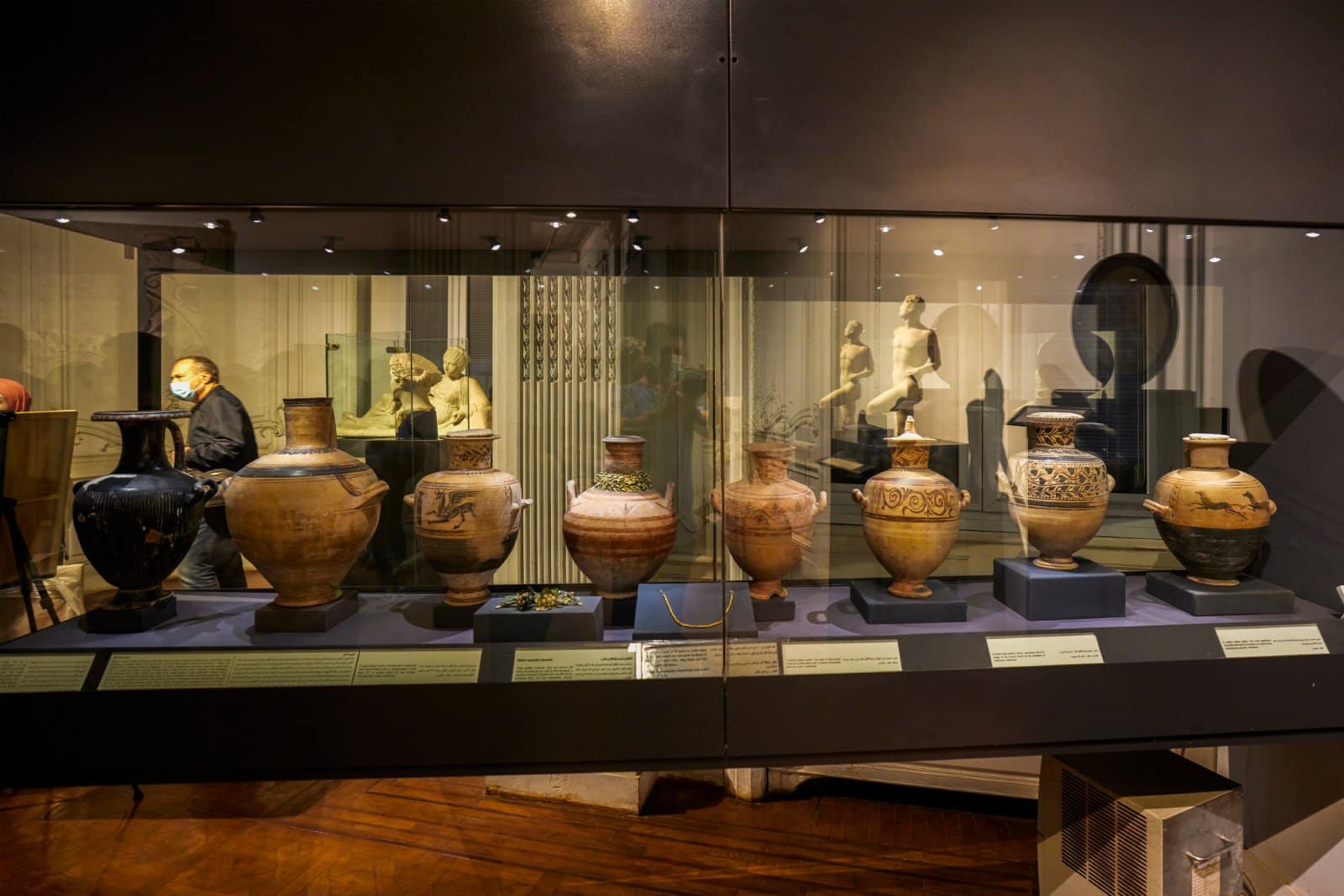
Artifacts and cultural treasures from Black history have been taken from their communities and displayed without proper context or compensation.
21. The Silence of Systemic Racism
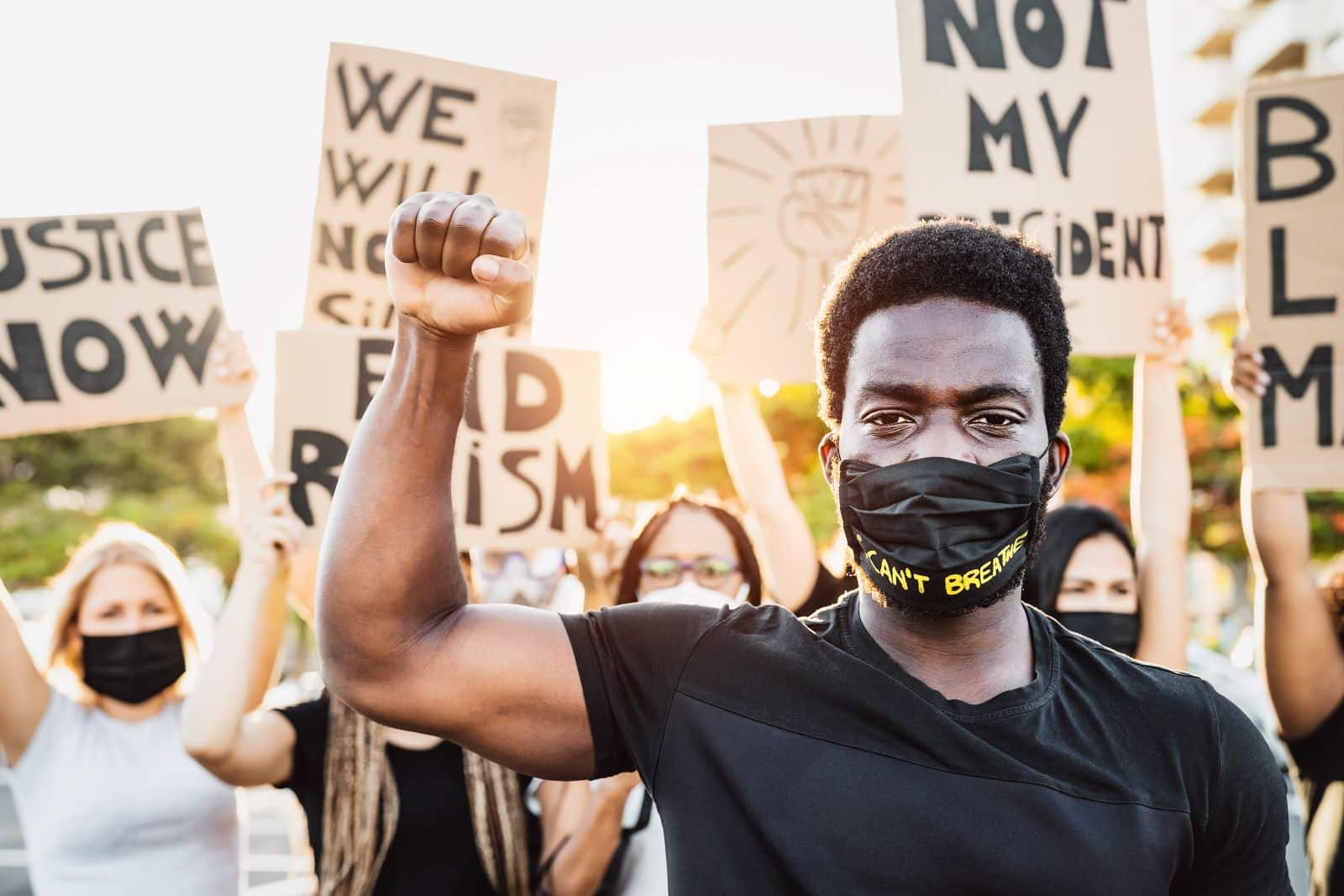
The ongoing impact of systemic racism in education, media, and public policy acts continuously to sideline Black voices and stories.
Recognizing What’s Lost

The erasure of Black history isn’t just a series of forgotten stories; it’s a systemic issue that affects how we understand our present and envision our future. Have you considered how these acts of erasure impact our collective consciousness and the way we view equality and justice today?
The post 21 Ways Black History Has Been Erased first appeared on Pulse of Pride.
Featured Image Credit: Shutterstock / BAZA Production.
For transparency, this content was partly developed with AI assistance and carefully curated by an experienced editor to be informative and ensure accuracy.

